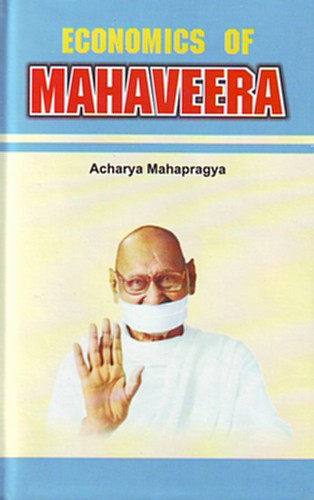
The conclusion that emerges on a deeper examination from the point of view of anekanta is that the truth lies between the two positions. The belief of economic theory that, with too much reduction in wants, social progress cannot be achieved is not without foundation.
Similarly, the view that, with much multiplication of wants unhappiness or even misery increases is also valid. To the latter point of view, religion provides the support. The support to the economic point of view is available as, according to Marshall, Economics is a science of human welfare and its main aim is to increase human welfare. Economics attempts to show the way to satisfy unlimited wants with the limited resources. However, the proportion in which the wants can be increased is not correlated with the corresponding proportion in which the needs can be satisfied. Most of the people are able to satisfy their high priority needs. Comparatively a few people are able to satisfy their needs for comforts. Only a very few are able to satisfy their needs for luxuries, which occupy a low priority.
 Acharya Mahaprajna
Acharya Mahaprajna

